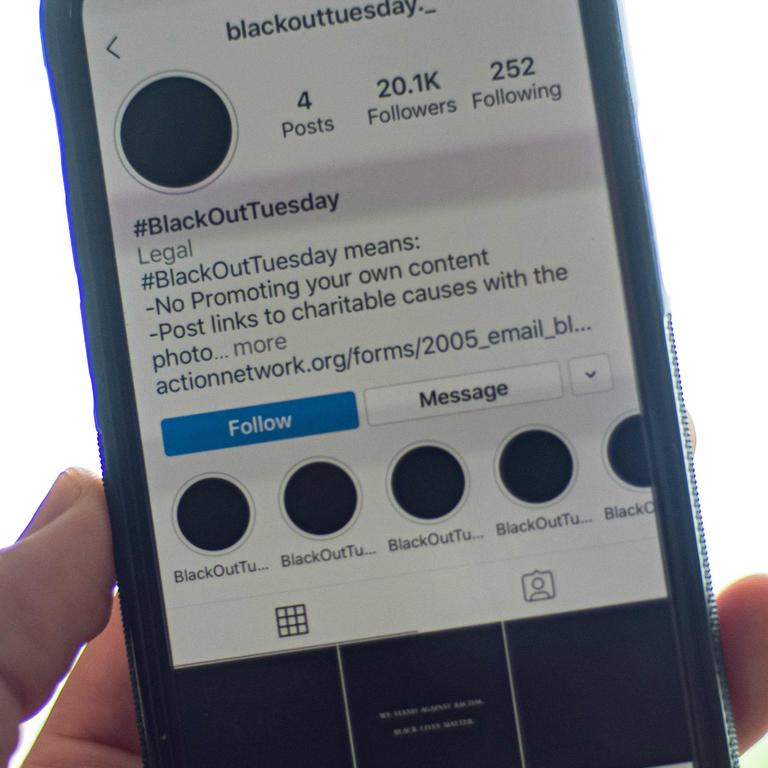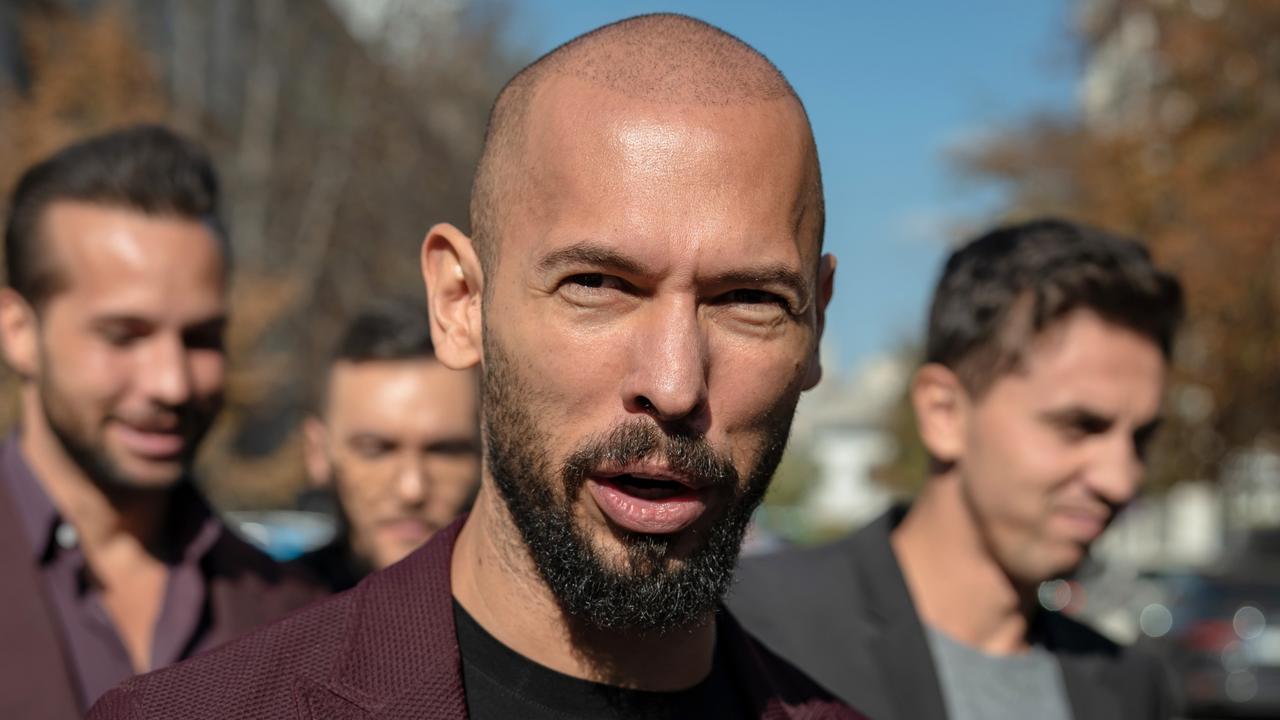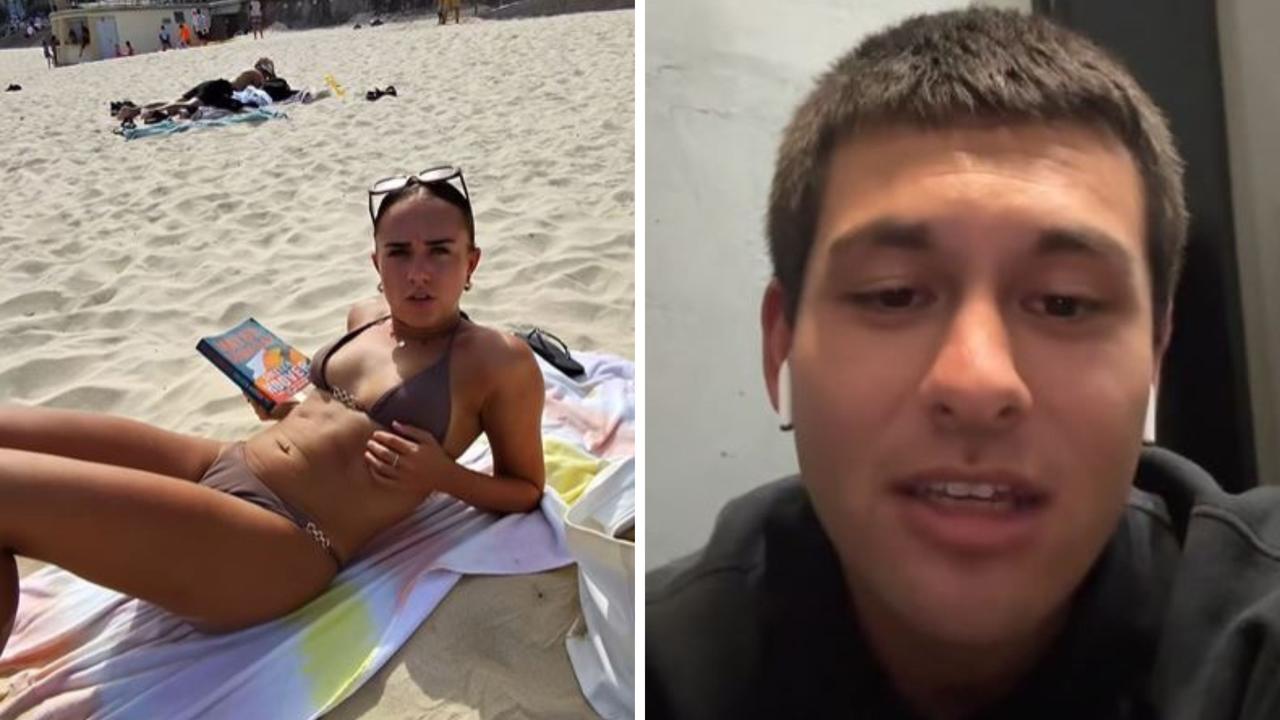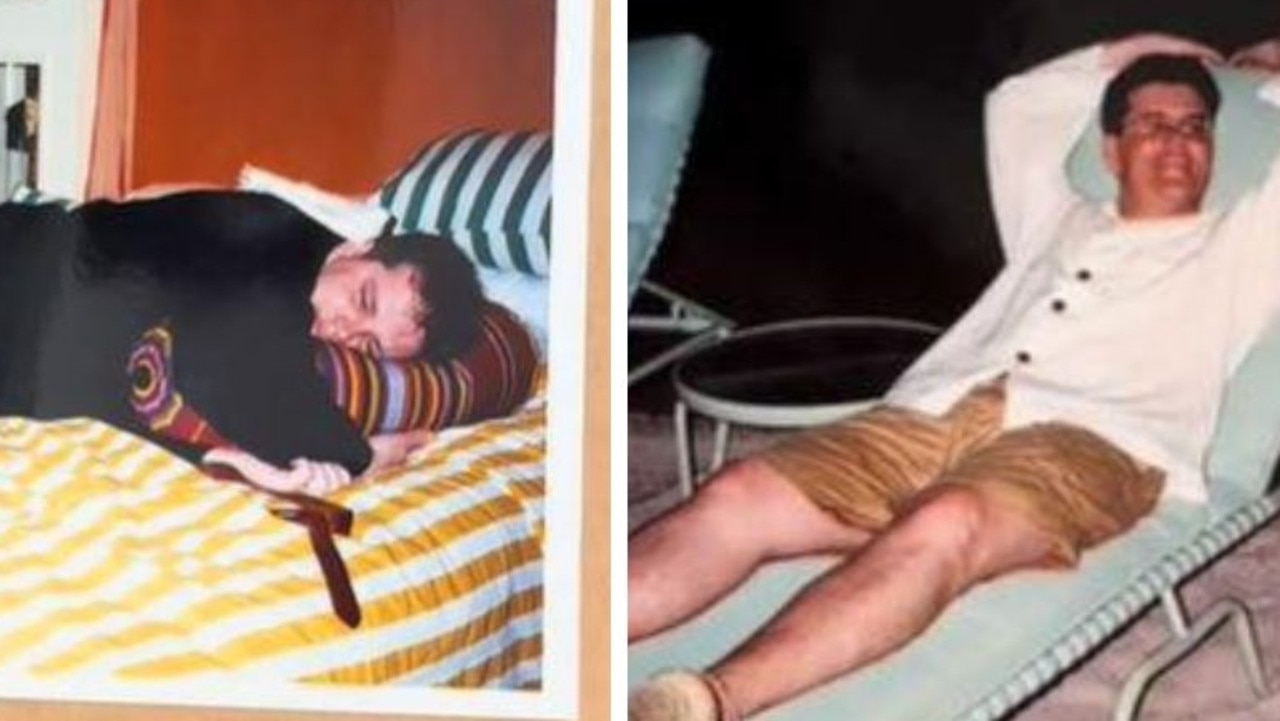#BlackoutTuesday: Apple Music, Spotify slammed over social media blackout
A music industry initiative to stop work and “blackout” social media appears to have achieved the opposite of its goals.
The social media “blackout” where people shared plain black images to social media sites in solidarity with protests in the US appears to have backfired, making it harder for people to find out important information and causing some to question those behind it.
One of the main problems is that people have been posting their plain black image using the wrong hashtags.
A combination of hashtags including #TheBlackout and #BlackoutTuesday were used and seemed to be specifically designed for the social media event.
But people didn’t only use those hashtags.
People also used the hashtag #BlackLivesMatter, which before had been used to document the protests, organise the movement and share information, but yesterday it ended up looking like a redacted government document.
RELATED: The four letters trending in America
PLEASE DONT USE THE BLM HASHTAGS FOR BLACKOUT. Blackout is supposed to GIVE space to Black folks, like advertising their venmos/paypals, organize for protests, share fundraising, etc. Our attempt at allyship is drowning out the tag. PLEASE SHARE.
— Anti-Blackness Is Not A Personality Trait (@biguyreviews) June 2, 2020
US singer-songwriter Kehlani summed up the problem: the plain black tiles were taking up space in people’s feeds that could have instead been used to organise protests and keep people informed about what’s going on, and one of her followers chimed in to show what her newly “redacted” feed looked like.
my initial thought is it feels dangerous... because once you click on the blm hashtag you’re directed to an overflow of black images, instead of other more useful content people could look at for information. pic.twitter.com/QiaHPeoWGP
— A (@atothebed) June 2, 2020
RELATED: Why Instagram posts are blacked out
Kehlani is one of many figures in the music industry who has been questioning the Blackout, itself dreamt up by the music industry.
“The music industry is a multi-billion dollar industry, an industry that has profited predominantly from Black art,” industry insiders and organisers Jamila Thomas and Brianna Agyemang said in a statement.
“Our mission is to hold the industry at large, including major corporations and their partners who benefit from the efforts, struggles and successes of Black people accountable.”
The idea seemed like a good one as those in the industry vowed to stop work and turn their attention to the ongoing protests.
An email from MTV president Chris McCarthy obtained by CNN told workers to “focus our attention away from work and towards our community”.
“We will not hold any meetings nor conduct any business – rather we will stand in solidarity with our African-American colleagues and loved ones across the country,” he wrote.

Streaming services Apple Music, Spotify and YouTube also joined in.
Spotify added an 8 minute 46 second moment of silence to some podcasts and playlists to demonstrate just how long disgraced Minneapolis police officer Derek Chauvin kept his knee on George Floyd’s neck.
Apple added a message of support and a special playlist.
“In steadfast support of Black voices that define music, creativity, and culture, we use ours.
“This moment calls upon us all to speak and act against racism and injustice of all kinds.
“We stand in solidarity with Black communities everywhere. #TheShowMustBePaused #BlackLivesMatter,” a message that took over Apple Music’s browse tab said, using a hashtag dreamt up by the music industry and another used by grassroots organisations to plan the very protests Apple was standing “in solidarity” with.
Some have applauded the streaming services’ decision on social media.
American music is Black music. Black music is American music. Apple Music understands that.#BlackOutTuesdsy #BlackLivesMatter
— Jose Antonio Vargas (@joseiswriting) June 2, 2020
Listen @AppleMusic doing justice right now! Lock in for some healing
— Juls Baby (@JulsOnIt) June 2, 2020
RELATED: Black protesters’ plea to white people
RELATED: Staggering amount raised for Floyd family
Others questioned whether the platforms were actually interested in real change or just jumping on board the trend.
spotify removing all the white supremacist music on their platform and paying musicians a reasonable amount in royalties would be a far bigger statement than adding nine minutes of silence to ends of playlists 💀
— your wallet, open it (@SpookyAnarchist) June 2, 2020
Y’all can start by removing the racist songs @Spotify @SpotifyNL pic.twitter.com/tnfc61AtCM
— silence is violence (@jefavonichtje) May 30, 2020
Spotify: We're gonna add 8:46 minutes of silence to podcasts and playlists out of solidarity
— Darth Kriss (@insanityreport) June 2, 2020
Also Spotify: subscribe to the latest Joe Rogan podcast episode where he palls around with white supremacists and feeds conspiracy theories to idiots
It doesn’t appear everyone in the music industry is impressed with the efforts, particularly given the view that the industry is itself profiting off the exploitation of Black people and the systems that enforce racism and disadvantage in America.
Kehlani tweeted at Spotify to “open ur purse” instead.
Musician Raphael Saddiq likened the streaming services to looters.
White hip-hop producer Kenny Beats has been following his own advice to be as vocal as possible.
I benefit everyday from being white. This country is built on racism, & if you are white but wont speak on it you are feeding into it. Until you own up to your privledge you are on the wrong team. This cannot keep happening. And if you have benefited you need to speak up loudest.
— kennybeats (@kennybeats) May 28, 2020
He had harsh words for the music industry.
“F**k that black square. Deleted. No label has spoke out against the police. No label has put together a bill to protect the Black artist they steal from. No label has put their money where their mouth is. These conversations and protests must continue and I won’t promote silence,” he wrote, adding he “(wished) these labels were as creative with ways to help Black artists as they are with the 200-page, 360-deal contracts they enslave their art and careers with.”
These labels posting black squares today
— kennybeats (@kennybeats) June 2, 2020
- sign black artists to 5
+ album deals
- put language in the contract that music must be “commercial satisfactoryâ€
- then deem everything a “mixtape†and count no albums towards the deal
- own the masters + all their art
slavery
He wasn’t the only one questioning the intention of the industry at large.
FYI the Music Industry Blackout tomorrow was planned by the major labels, whose legacies were largely built by ripping off artists, especially people of color.
— Daddy Kev (@daddykev) June 1, 2020
Why would the music industry have a blackout Tuesday when music gets released on Fridays now?..of course...because all of this is performative..carry on
— White Gold (@Blancogold) May 30, 2020
does the music industry “blackout†day come with significant donations to bailout funds and medical/funeral services for victims of police brutality from the participating labels/execs?
— brittany spanos (@ohheybrittany) May 31, 2020
Instead of participating in the "Music Industry Blackout" on Tuesday, we'll use the day to share pertinent information for protestors, bail orgs, resources and reading materials about race/racism, and to uplift the voices of Black artists and people who work in the music industry
— Father/Daughter Records (@father_daughter) May 31, 2020
i dont get the music industry blackout tuesday thing what about a pledge to donate all profits tuesday
— UMO (@UMO) June 2, 2020
Of course the streaming services aren’t the only ones to jump on board.
Brands have been clamouring to show their support, posting eerily similar messages in white text over black backgrounds.
Whether that support leads to any meaningful change, or even persists after the hashtags stop trending, remains to be seen.



